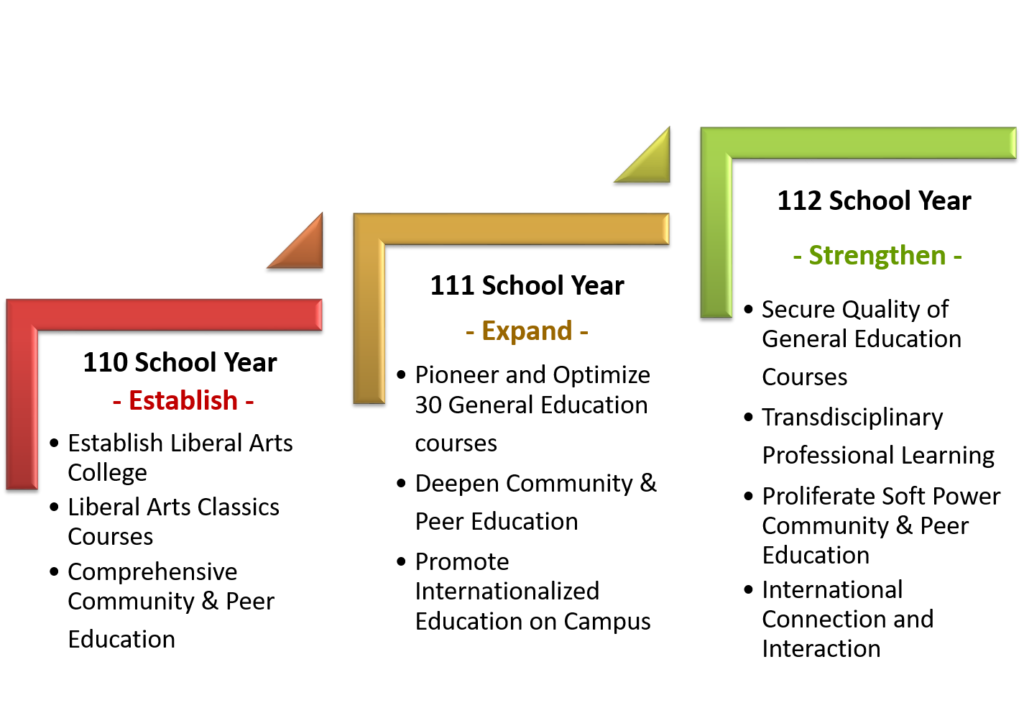- Home
- About LAC
Vision and Purpose
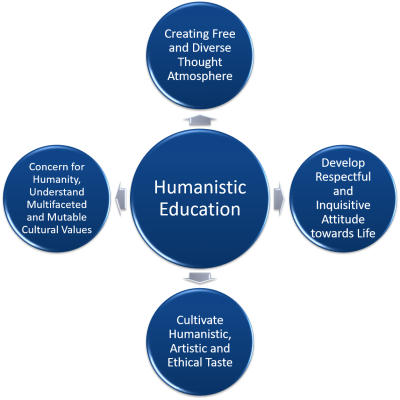
Organizational Chart
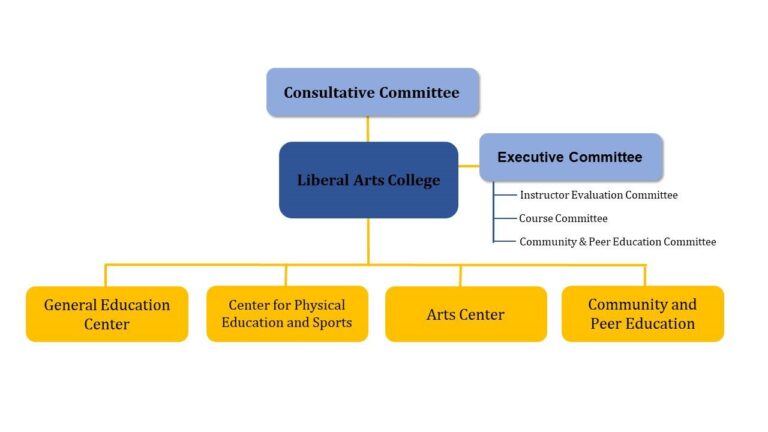
Educational Model
NYCU’s “diverse and interdisciplinary” liberal arts educational model is built on the “Liberal Arts Education” implemented in the West for over a millennium, with the four primary elements of its educational philosophy as follows:
- Transdisciplinary Competencies: Cultivating students to become “free people” in their knowledge, rather than “slaves”. The scope of liberal arts education in medieval Europe included topics such as grammar, rhetoric, logic, geometry, algebra, music, and astronomy.
- Interpersonal Connections: The spirit of education is not merely to robotically teach certain courses; it encompasses a cluster of dimensions, value systems, beliefs, and the indispensable ‘human factor’, that of the close contact between teacher and student.
- Diverse Learning: Cultivating “jacks-of-all-trades”, this represents a “complete education” model, where we construct a special learning environment (both in and out of the classroom) for all-rounded learning through methods such as individualized guidance, relational closeness, and small-class-size environments.
- Living Practice: Compared to vocational or professional education, the goal of liberal arts education lies in “the ‘firmly-rooted establishment of character’ and the study of ‘moral and spiritual cultivation’”. It is not merely the knowledge of generalized education, but further strengthens the lived practice of an all-rounded education.
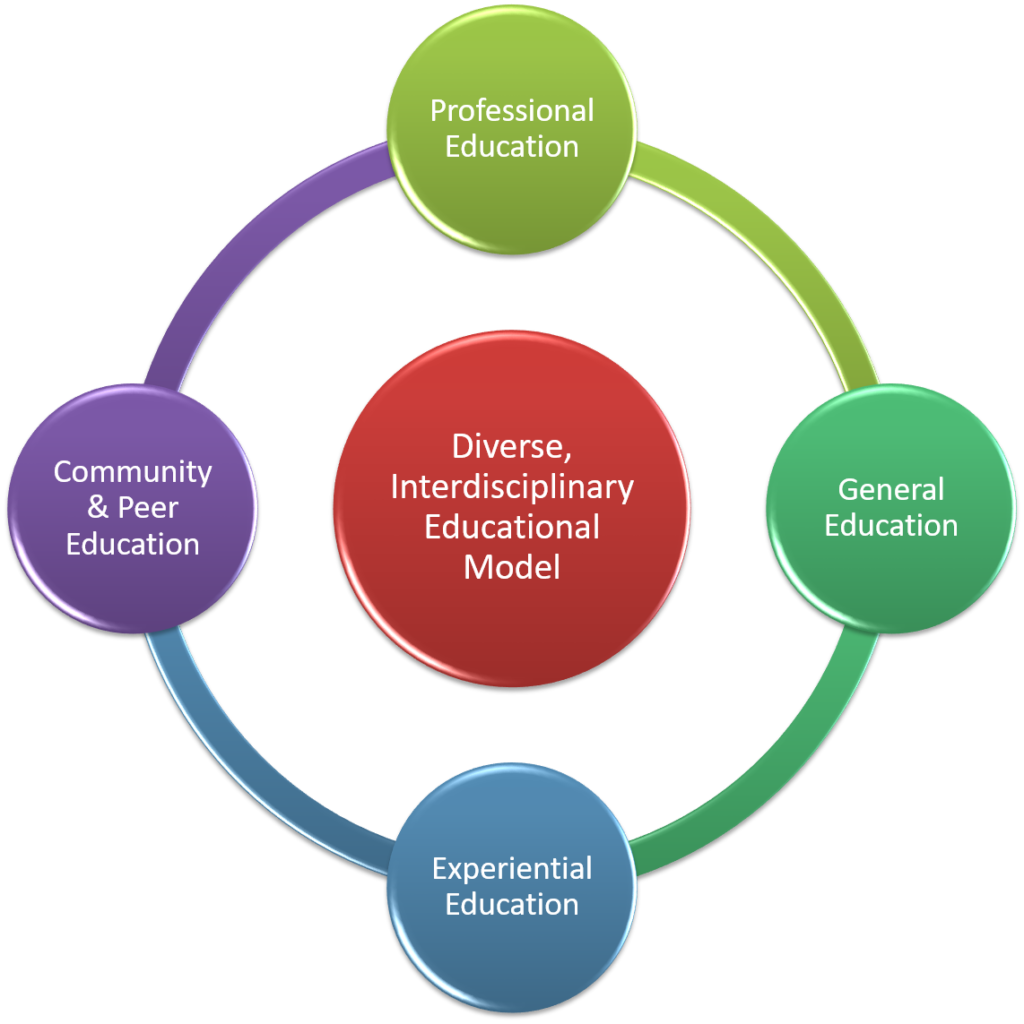
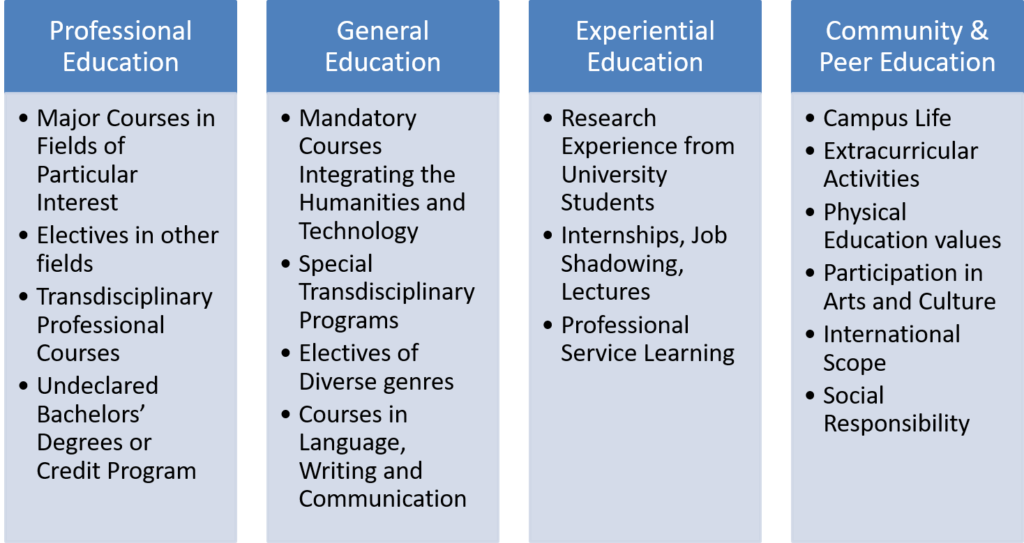
Road Map
